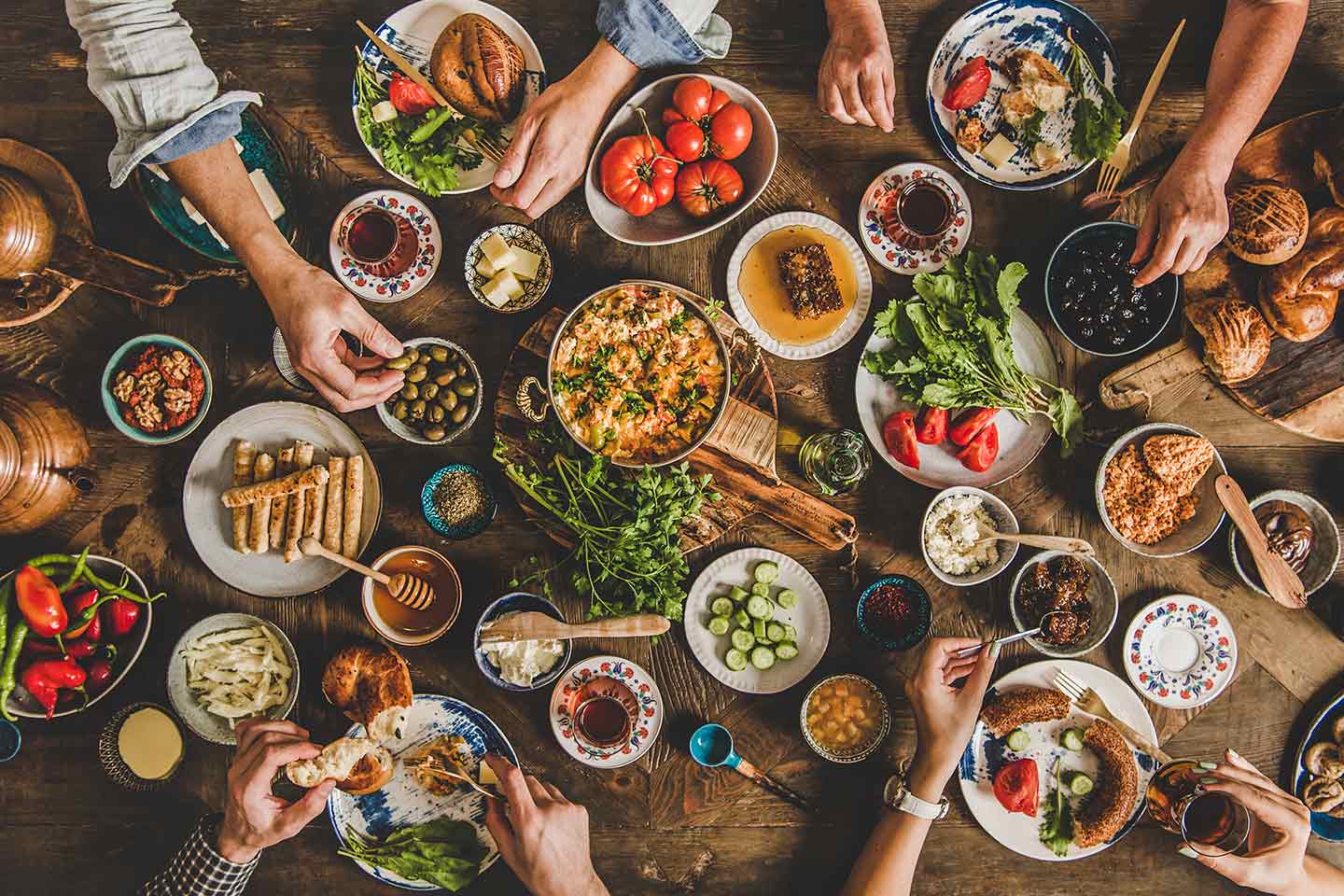
Project Description
While many are willing to return to a post-COVID “new normal”, this return will depend on individuals’ ability to trust that they are safe in public spaces. Thus, hospitality companies have been increasingly communicating their commitment to cleanliness and safety. In this project, our goal is to identify the most effective format (verbal, visual, label, or a combination) to communicate cleanliness in terms of intention to visit a property, willingness to pay for a stay, attitude, and trust toward the brand. In addition, we study the effect of communicating a partnership with an expert institution in cleanliness (vs. communicating the property was self-inspected) on the same focal variables.


